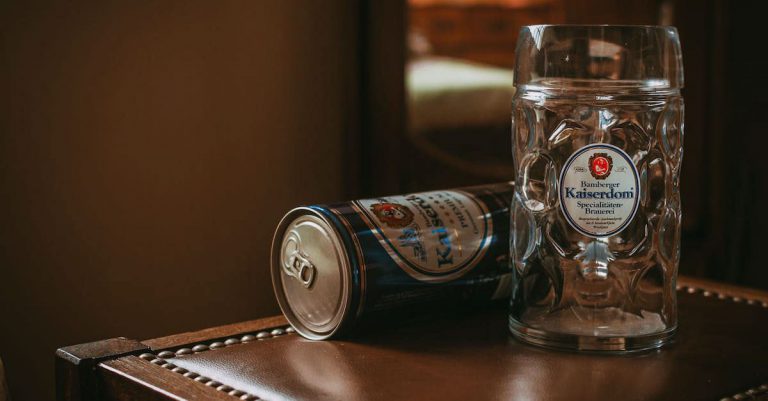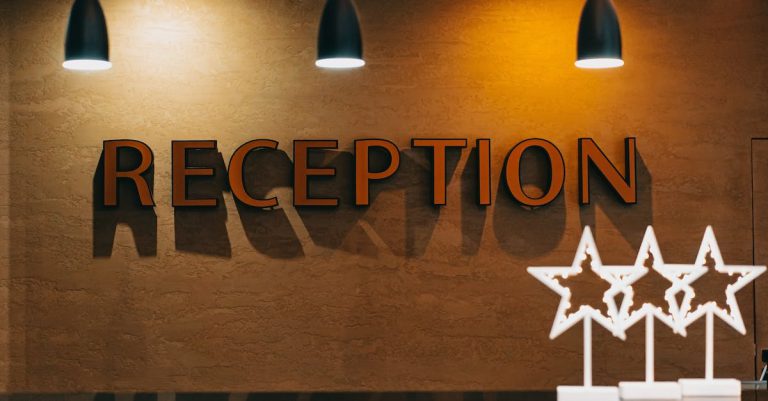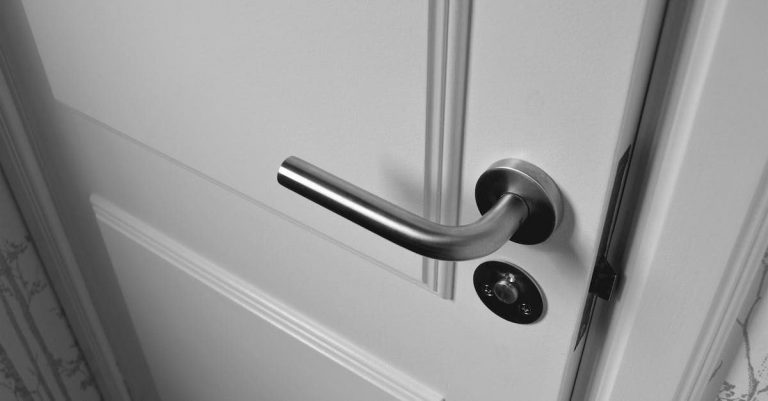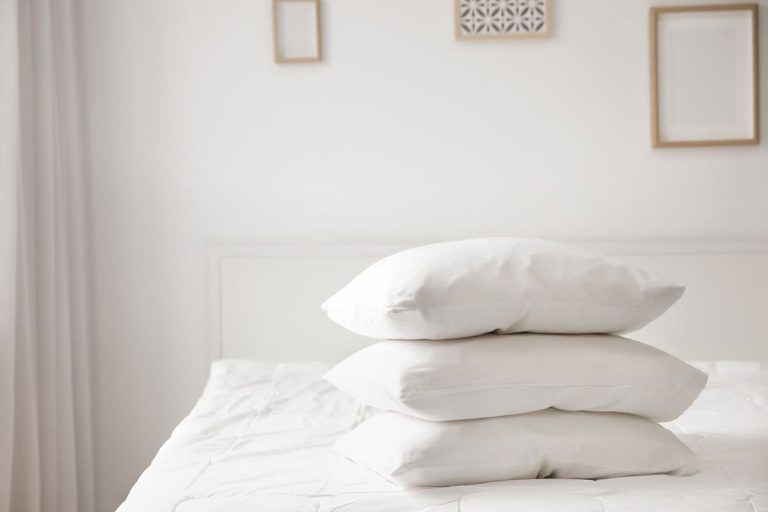Ever wondered how hotel staff thoroughly clean dozens of vacated rooms each day? What’s a typical timeline for housekeepers to refresh a room between guests?
On average, it takes approximately 20-30 minutes to clean a regular hotel room, given that it’s a relatively straightforward process involving tasks like changing the bed linens, cleaning the bathroom, vacuuming, and dusting. This average can increase to 45 minutes to an hour for larger, more luxurious rooms or suites.
Read on to learn the full breakdown of timings, tasks, processes, and factors affecting hotel room turnover.
This comprehensive guide will cover all aspects of hotel room cleaning times, from quick tidying of a checkout room to the complete sanitization and resetting process between different guests. By understanding the major tasks involved, workforce logistics, and variables that extend timelines, you’ll gain useful insight into the room turnover operations that keep hotels running smoothly.
Key Tasks and Workflow
When it comes to cleaning a hotel room, there are several key tasks that need to be completed in a specific workflow. This ensures that the room is thoroughly cleaned and ready for the next guest. Let’s take a closer look at each of these tasks:
Remove trash and linens first
The first step in cleaning a hotel room is to remove any trash and soiled linens. This includes emptying the trash cans, taking out any garbage, and stripping the beds of used sheets and pillowcases. This helps create a clean slate for the rest of the cleaning process.
Wipe down bathroom
Next, the bathroom should be thoroughly cleaned and disinfected. This includes wiping down all surfaces such as the sink, toilet, and shower, as well as cleaning the mirrors and replenishing any toiletries. A clean and fresh bathroom is essential for guest satisfaction.
Change linens and replace amenities
After the bathroom is cleaned, it’s time to change the linens and replace any amenities. This includes putting on fresh sheets, pillowcases, and duvet covers, as well as restocking items like towels, toilet paper, and toiletries. Attention to detail is important to ensure a comfortable and pleasant stay for guests.
Also Read: Why Do People Put a Towel Under the Hotel Room Door?
Sanitize surfaces and fixtures
The next step is to sanitize all surfaces and fixtures in the room. This includes wiping down countertops, tables, and desks, as well as disinfecting high-touch areas like light switches, door handles, and remote controls. This helps prevent the spread of germs and ensures a clean and safe environment for guests.
Vacuum, mop, and dust
Finally, the floors should be vacuumed or mopped, and all surfaces should be dusted. This includes cleaning and dusting furniture, lamps, and other decorative items. Paying attention to these details helps create a clean and inviting atmosphere for guests.
By following this workflow and completing each of these key tasks, hotel staff can ensure that a room is cleaned efficiently and effectively. This not only improves guest satisfaction but also helps maintain the reputation of the hotel as a clean and comfortable place to stay.
Also Read:
Average Time to Clean Room
When it comes to cleaning hotel rooms, time is of the essence. Hotel housekeeping staff are tasked with the important responsibility of ensuring that each room is clean, comfortable, and ready for the next guest. But how long does it actually take to clean a hotel room? Let’s explore the average time it takes to complete this essential task.
Approximately 30 minutes
On average, it takes around 30 minutes to clean a standard hotel room. This includes tasks such as making the bed, dusting surfaces, vacuuming or mopping the floor, cleaning the bathroom, restocking amenities, and ensuring that everything is in its proper place. Housekeeping staff are trained to work efficiently and effectively, prioritizing tasks to ensure that each room is cleaned to the highest standards within a reasonable timeframe.
Can take 20-40 minutes
While 30 minutes is the average time, it’s important to note that the actual time to clean a room can vary depending on various factors. Some rooms may require more thorough cleaning due to specific guest requests or unique circumstances.
Additionally, the level of cleanliness left by the previous guest can also impact the time it takes to clean the room. Generally, it can take anywhere between 20 to 40 minutes to properly clean and prepare a hotel room for the next guest.
More for larger suites
When it comes to larger suites or premium rooms, the cleaning time can be longer compared to standard rooms. These rooms often have more space, additional furniture, and extra amenities that need to be cleaned and maintained.
It may take an additional 10 to 20 minutes to thoroughly clean and prepare these larger accommodations for the next guest.
Checkout rooms quicker
One factor that can affect the time it takes to clean a hotel room is whether it is a checkout room or a stayover room. Stayover rooms, where guests are staying for multiple nights, typically require less time to clean as they only need basic servicing. On the other hand, checkout rooms need to be thoroughly cleaned and inspected before the next guest arrives. Housekeeping staff may need to spend extra time ensuring that all surfaces, linens, and amenities are spotless and ready for the next guest.
It’s important to remember that these are general estimates and can vary depending on the specific hotel’s cleaning standards, size, and complexity of the room, and the efficiency of the housekeeping staff. However, hotel management always strives to maintain a balance between efficiency and quality to ensure that each guest has a great experience during their stay.
Factors Affecting Timelines
Several factors can influence the amount of time it takes to clean a hotel room. These factors include the size of the room, the level of guest mess, the need for maintenance fixes, and the adequacy of staffing. Let’s take a closer look at each of these factors:
Size of room
The size of the room plays a significant role in determining how long it takes to clean. Larger rooms typically require more time and effort to clean thoroughly. Housekeeping staff may need to cover more ground, vacuuming larger areas, and dusting more surfaces.
Larger suites with more facilities (like a kitchenette, multiple bathrooms, etc.) will naturally take longer to clean than a simple one-bedroom setup. It could take anywhere from 30 minutes to a couple of hours.
Level of guest mess
The level of mess left by guests can greatly impact the cleaning time. Some guests may be neat and tidy, leaving the room in good condition. However, others may leave behind significant messes, such as dirty dishes, trash, or stains on the furniture or carpet. Cleaning up after guests who have left a messy room can take longer and require additional attention to detail.
Also Read: How Many People Can Stay In A Hotel Room?
Need for maintenance fixes
In some cases, a hotel room may require maintenance fixes, such as a broken light fixture or a malfunctioning air conditioner. These additional tasks can extend the cleaning time, as housekeeping staff may need to coordinate with maintenance personnel or fix minor issues themselves. It is important to ensure that the room is in proper working condition before it is ready for the next guest.
Staffing adequacy
The number of housekeeping staff available to clean hotel rooms is another important factor to consider. If the hotel is understaffed, it may take longer to clean each room, resulting in delays in preparing rooms for new guests. On the other hand, having sufficient staff can help ensure that rooms are cleaned efficiently and in a timely manner.
It is worth noting that the time taken to clean a hotel room can also depend on the hotel’s cleaning standards, the level of training provided to the housekeeping staff, and the use of efficient cleaning techniques and equipment. Each hotel may have its own guidelines and procedures in place to ensure consistent and high-quality cleaning.
Higher-end hotels may have more rigorous cleaning standards that require a more detailed cleaning process.
Workforce and Shift Logistics
When it comes to cleaning a hotel room efficiently, having a well-organized workforce and shift logistics is crucial. Here are some strategies that hotels can implement to streamline the cleaning process:
Assign a set number of rooms
One effective approach is to assign each housekeeping staff member a specific number of rooms to clean during their shift. This allows for better time management and ensures that all rooms receive equal attention. By setting a clear expectation for the number of rooms to be cleaned, it helps the staff to stay focused and motivated to complete their tasks in a timely manner.
Stagger shifts for continual cleaning
To maintain cleanliness throughout the day, it is beneficial to stagger the shifts of the housekeeping staff. By having overlapping shifts, there will always be a team available to clean newly vacated rooms or attend to any immediate cleaning needs. This ensures that the hotel maintains a high standard of cleanliness and guest satisfaction.
Have supervisors do spot inspections
In addition to assigning set rooms to the staff, it is essential to have supervisors conduct spot inspections regularly. This not only allows for quality control but also provides an opportunity to identify any areas that may require additional attention or improvement. By having supervisors actively involved in the cleaning process, it helps to maintain consistency and adherence to cleanliness standards.
Train staff on efficiencies
To maximize efficiency, it is important to provide training to the housekeeping staff on various cleaning techniques and time-saving strategies. This can include proper use of cleaning equipment, effective organization of cleaning supplies, and efficient cleaning sequences. By equipping the staff with the necessary skills and knowledge, they will be able to clean rooms more effectively and in a shorter amount of time.
The housekeeping staff’s experience and efficiency can greatly influence the time it takes to clean a room. A seasoned housekeeper can likely clean a room much faster than a newbie.
Implementing these strategies can significantly reduce the time it takes to clean a hotel room while maintaining high standards of cleanliness. By optimizing workforce and shift logistics, hotels can enhance guest satisfaction and ensure a smooth and efficient cleaning process.
Streamlining the Process
When it comes to cleaning hotel rooms, efficiency is key. Hotel staff need to ensure that each room is cleaned thoroughly and in a timely manner. To achieve this, several strategies can be implemented to streamline the cleaning process.
Use detailed checklists
One of the most effective ways to streamline the cleaning process is by using detailed checklists. These checklists should outline the specific tasks that need to be completed in each room, ensuring that no area is overlooked. By following a checklist, cleaning staff can work systematically and efficiently, saving time and effort. Additionally, checklists can be used to track the completion of tasks, allowing managers to monitor the progress and quality of the cleaning process.
Equip with supply caddies
Another way to streamline the cleaning process is by equipping cleaning staff with supply caddies. These caddies should contain all the necessary cleaning supplies and tools, such as disinfectants, microfiber cloths, and trash bags. By having all the supplies readily available in a portable caddy, cleaning staff can minimize the time spent searching for and retrieving items, allowing them to focus on the task at hand. This not only saves time but also improves efficiency and productivity.
Inspect immediately after cleaning
To ensure that each room is cleaned to the highest standard, it is important to conduct inspections immediately after cleaning. This step allows for any missed areas or overlooked tasks to be identified and rectified promptly. By inspecting the room right after cleaning, any issues can be addressed before guests check-in. This not only improves the overall cleanliness of the hotel but also enhances guest satisfaction.
Update tools and technology
Keeping up with the latest tools and technology can greatly contribute to streamlining the cleaning process. Innovations such as robotic vacuum cleaners, electrostatic sprayers, and smart cleaning systems can significantly reduce cleaning time and effort. These tools can automate certain tasks, allowing cleaning staff to focus on more complex or detailed cleaning duties. Additionally, advanced technology can improve the effectiveness of cleaning methods, ensuring a higher level of cleanliness and hygiene in hotel rooms.
By implementing these strategies, hotels can optimize the cleaning process, saving time, improving efficiency, and ultimately providing a cleaner and more enjoyable experience for their guests.
Conclusion
In summary, a standard hotel room cleaning takes roughly 30 minutes on average, but can vary based on size, housekeeping staff, and other factors. Hotels utilize efficient workflows, training, and tools to turn over vacant rooms quickly for the next guests. Understanding the detailed cleaning process provides useful insight into this important behind-the-scenes hotel operation.
Next time you check into a freshly cleaned hotel room, appreciate the orchestrated workflow required to tidy and reset dozens of rooms daily. Proper planning, resources and staffing keep room cleaning operations running smoothly and efficiently.






